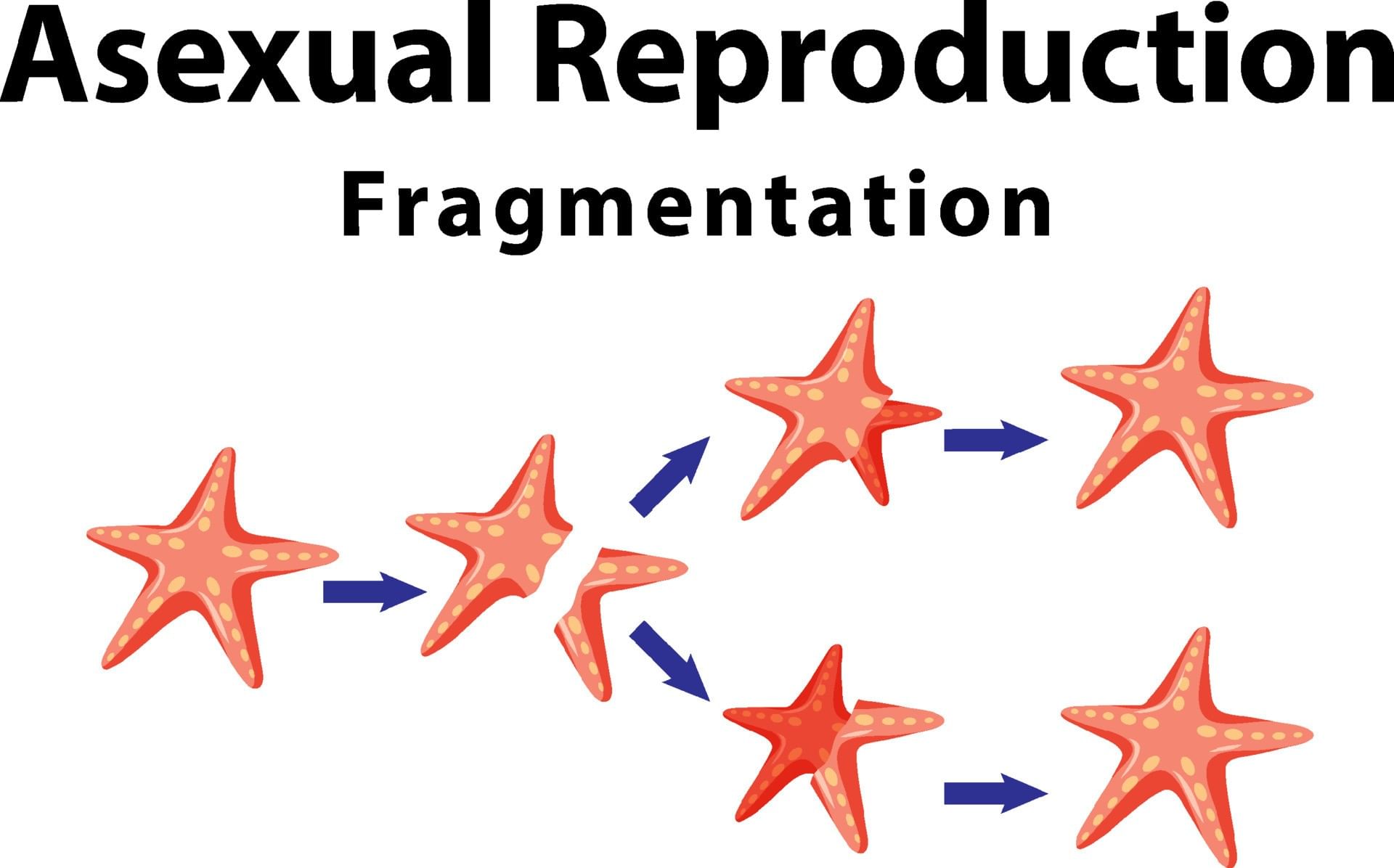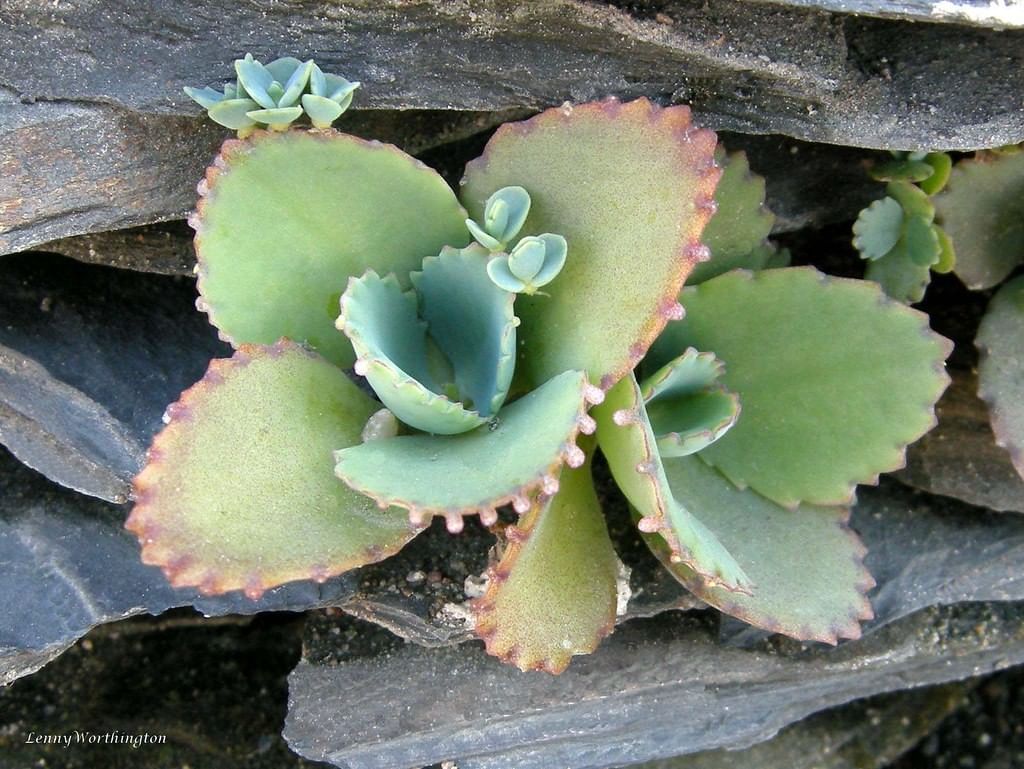Class 7 Science Chapter 8 Question Answers - Reproduction in Plants
Q1: What is unisexual flower?
Ans : A flower may have either male or female reproductive parts. Such a flower is called unisexual flowers.
Q2: The fusion of male and female gametes is termed as _____________.
Ans : Fertilisation
Q3: Give examples of plants that reproduce by means of spores.
Ans : Moss and ferns.
Q4: Name the different modes of asexual reproduction.
Ans : There are different methods by which plants reproduce asexually. They are vegetative propagation, budding, fragmentation and spore formation.
Q5: Modes of reproduction evolve only one parent is called unisexual reproduction. True/ False
Ans : False
Q6: Name vegetative parts of plants.
Ans : Root, stem and leaves.
Q7: Name the reproductive organ of a flowering plant.
Ans : Flower
Q8: State the two types of reproduction in plants.
Ans : Asexual and sexual.
Q9: What happens in sexual reproduction?
Ans : In sexual reproduction, the male and the female gametes fuse to form seeds that eventually develop into new plants.
Q10: The seeds are formed inside the______________.
Ans : Fruits
Q11: In asexual reproduction, a new plant is grown from any part of a plant involving the seeds.True/ False
Ans : False
Q12: What is a node?
Ans : A node is a part of the stem from where a leaf grows.
Q13: _________________ Plant has buds on the edges of its leaves.
Ans : Bryophyllum
Q14: What kind of roots is called tubers?
Ans : Roots that store food are known as tubers.
Q15: What kind of roots are the food storage tanks for the plants?
Ans : Tubers
Q16: Yeast reproduces by a process called___________________.
Ans : Budding
Q17: Algae, the simplest green plants, reproduce by an asexual method known as _____________.
Ans : Fragmentation
Q18: What is a mould?
Ans : Mould is a type of fungus that grows on moist organic surfaces like leather shoes and moist walls.
Q19: How does a mould reproduce?
Ans : By the means of spores.
Q20: The anther of flower contains pollen sacs that produce____________________.
Ans : Pollen grains
Q21: Name the male reproductive unit of the flower.
Ans : Pollen
Q22: Bisexual flowers contain both the stamens and the pistil. True/ False
Ans : True
Q23: Give examples of bisexual flower.
Ans : Mustard and rose.
Q24: Give examples of unisexual flower.
Ans : Cucumber, maize and watermelon.
Q25: How Pollen grains transfer from one flower to another?
Ans : By pollinating agents like wind, water and animals.
Q26: What is fertilization?
Ans : Fusion of the male and female gametes is called fertilisation.
Q27: Name the cell formed as product of fertilization.
Ans : Zygote
Q28: What is the other name for ovary?
Ans : Carpel
Q29: The stamen is male reproductive part or female reproductive part?
Ans : Male reproductive part.
Q30: Give examples of some seeds that are dispersed by animals.
Ans : Xanthium and Urena
|
111 videos|435 docs|28 tests
|
FAQs on Class 7 Science Chapter 8 Question Answers - Reproduction in Plants
| 1. What is reproduction in plants? |  |
| 2. How do plants reproduce sexually? |  |
| 3. What is asexual reproduction in plants? |  |
| 4. How do plants reproduce without seeds? |  |
| 5. What is the importance of plant reproduction? |  |

















